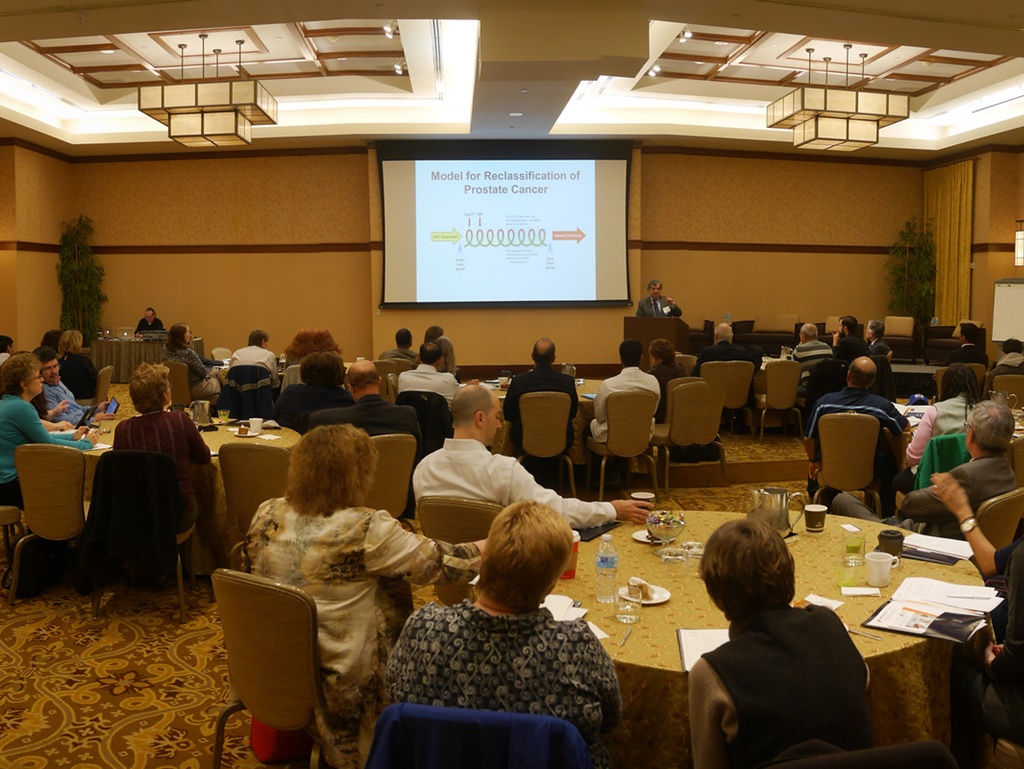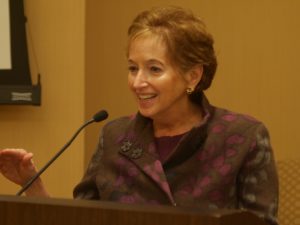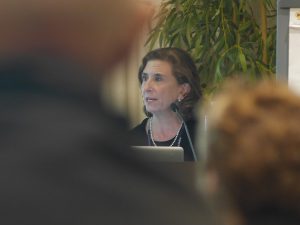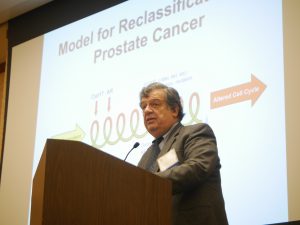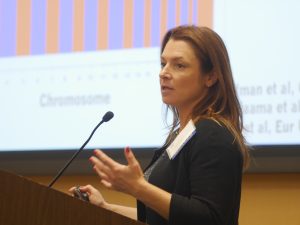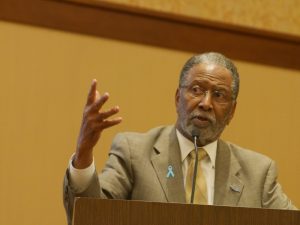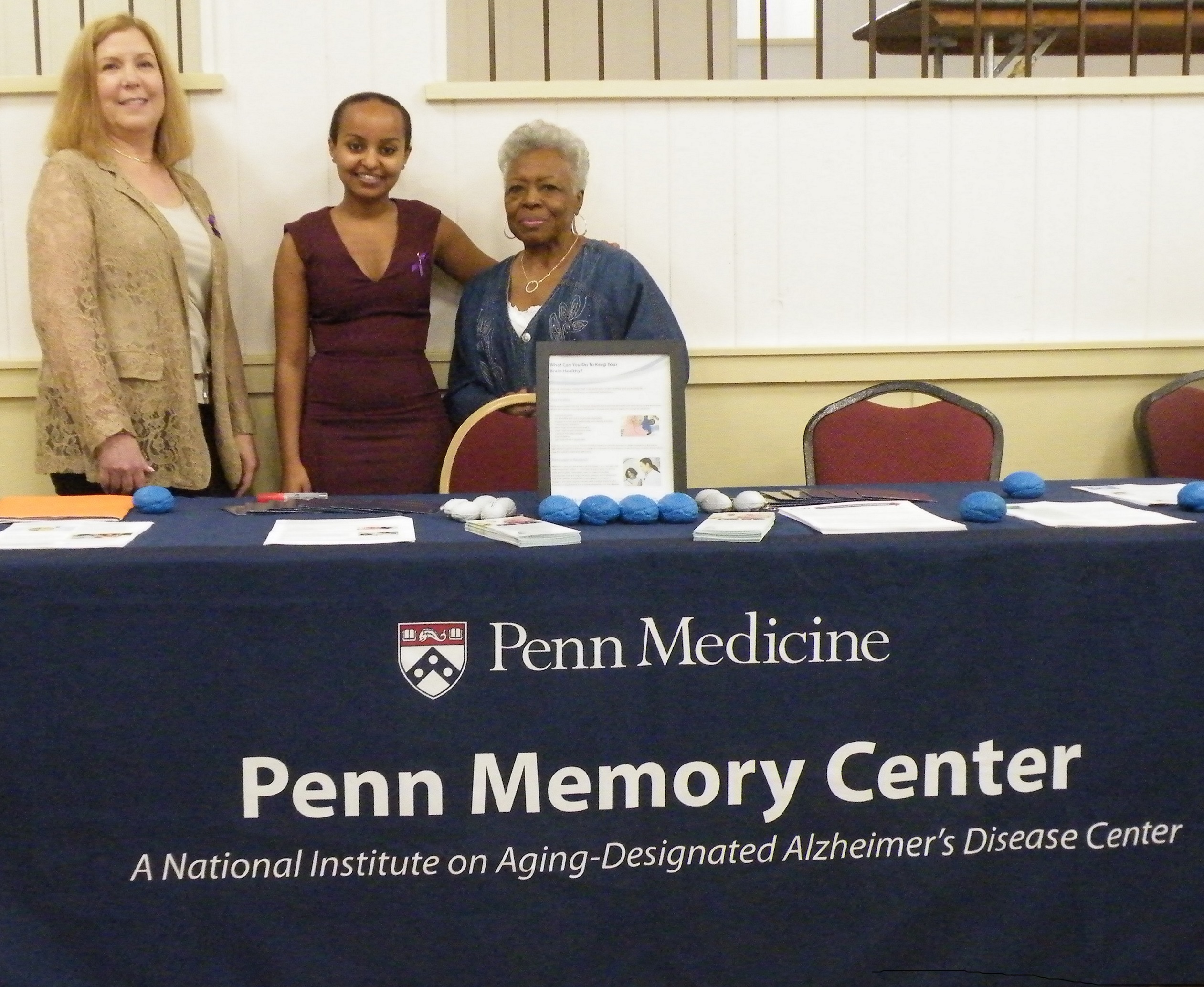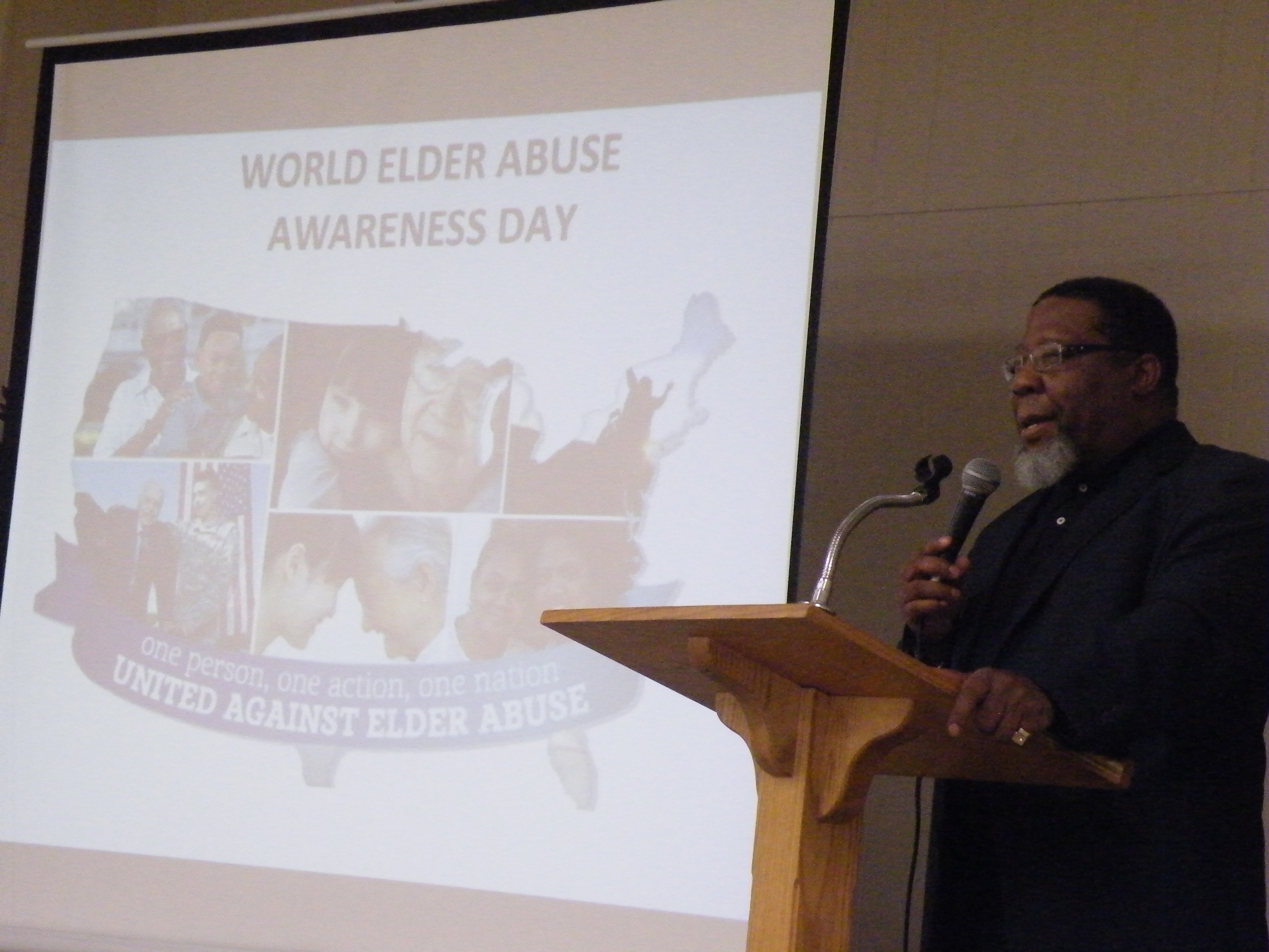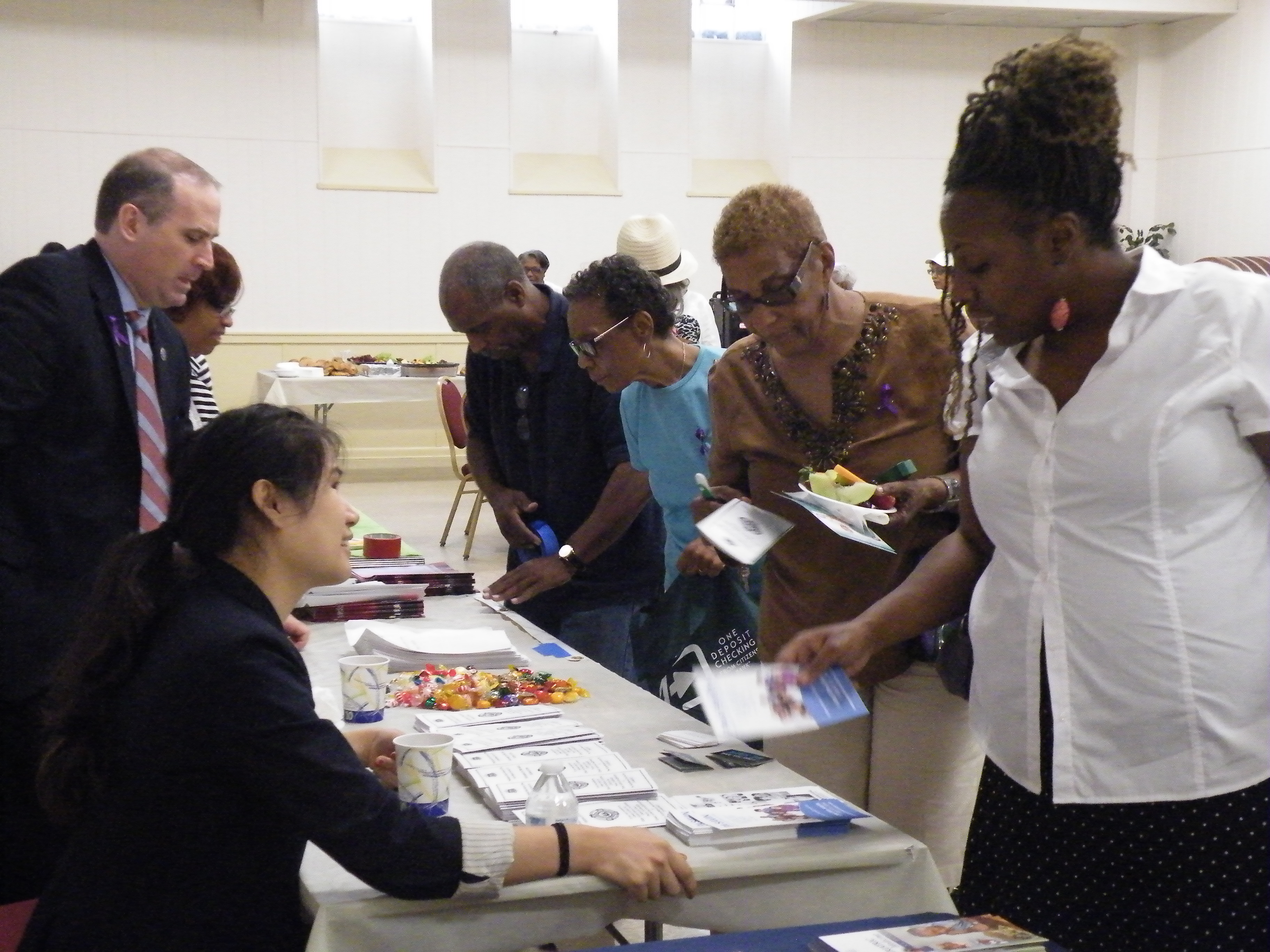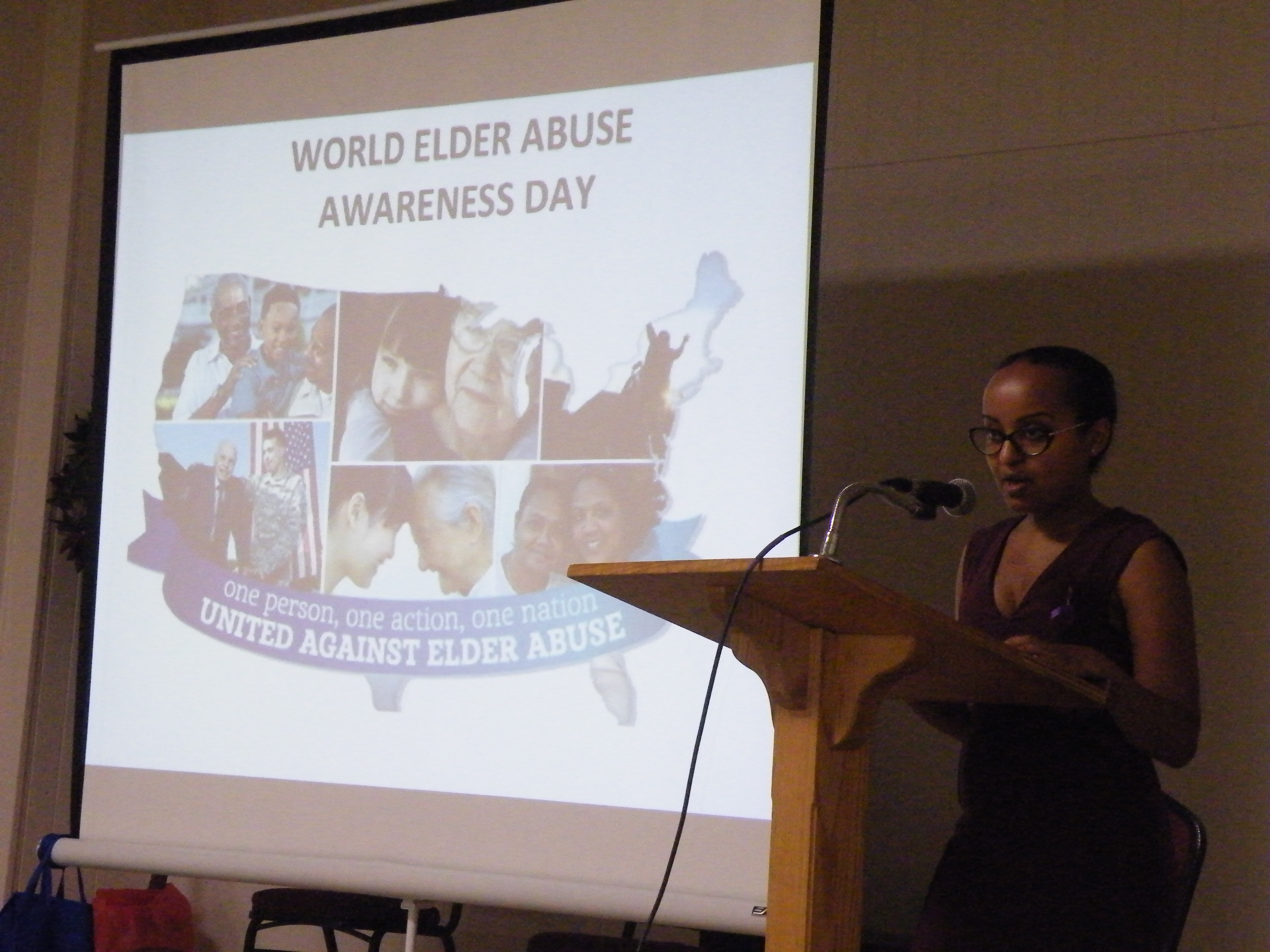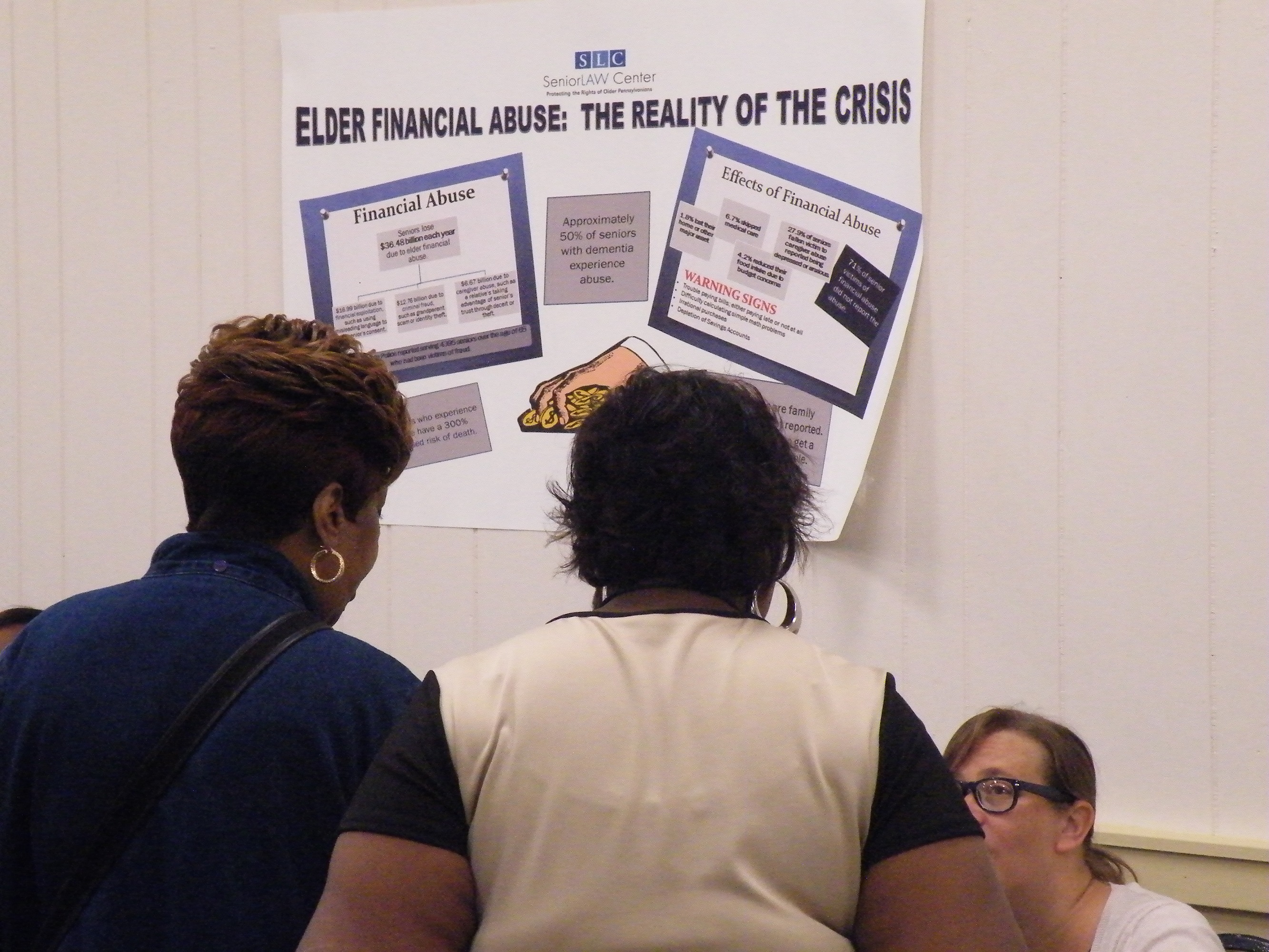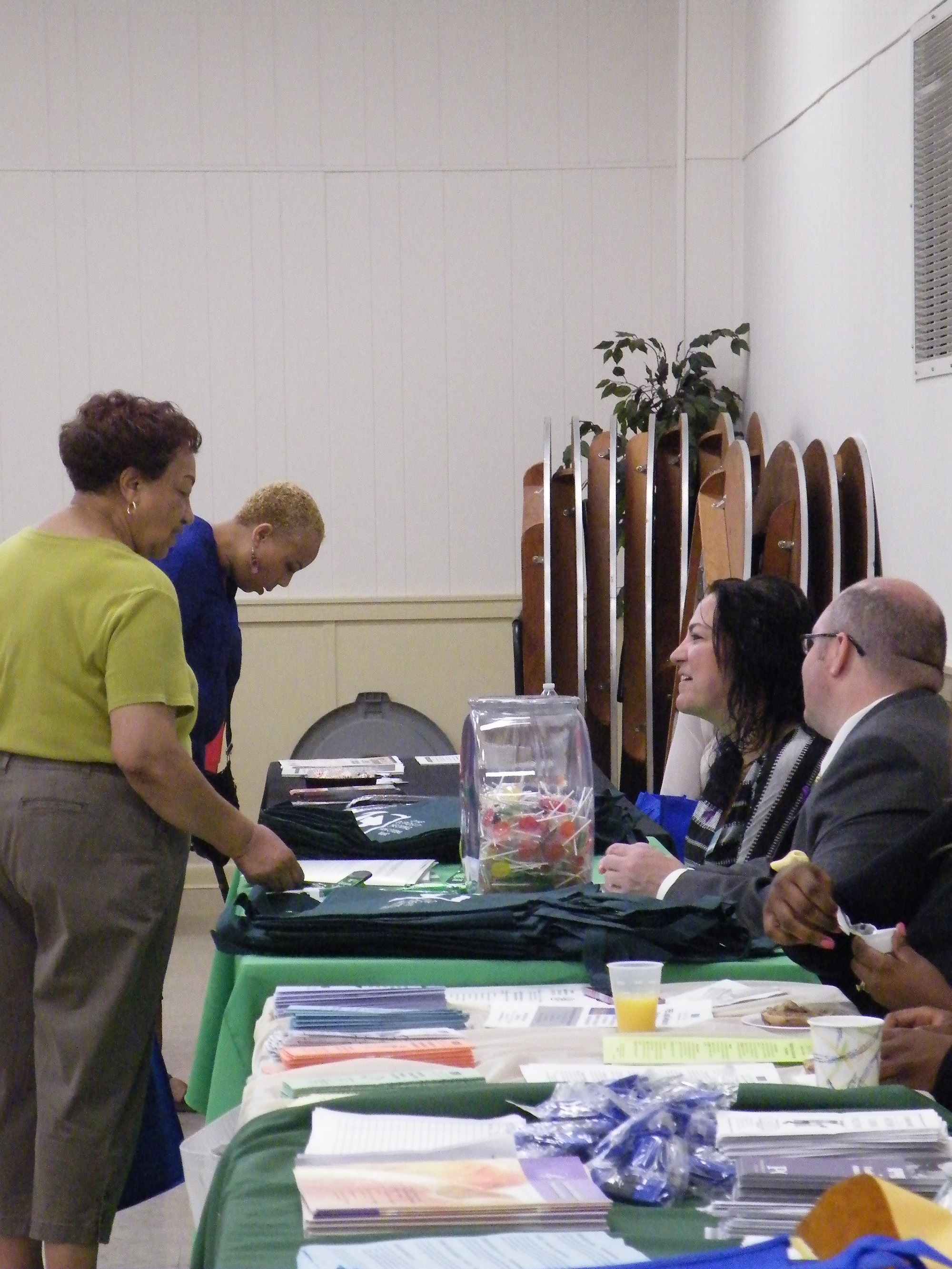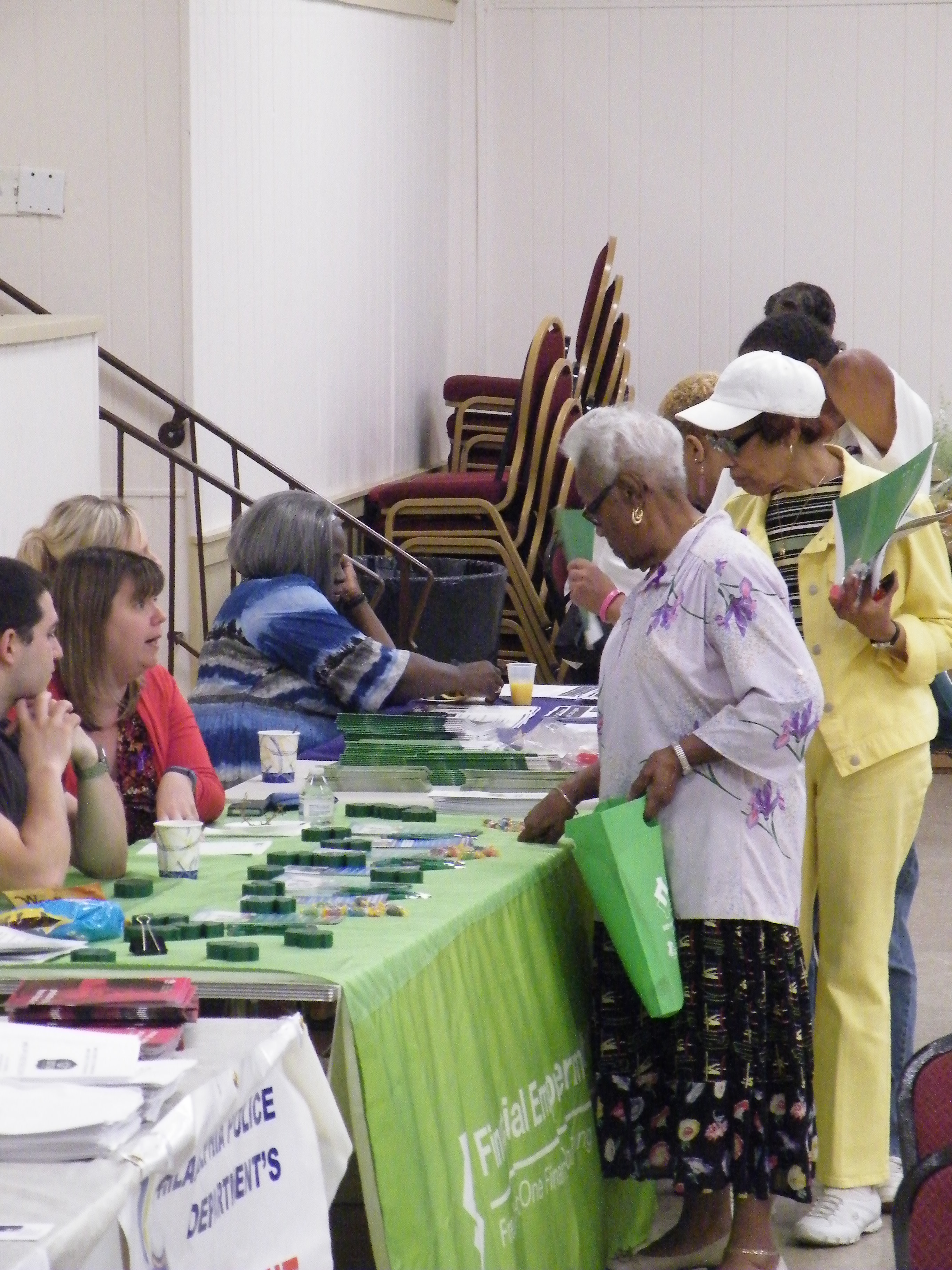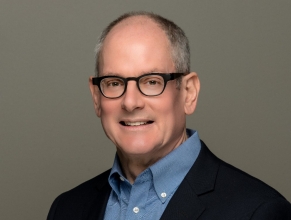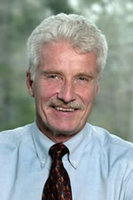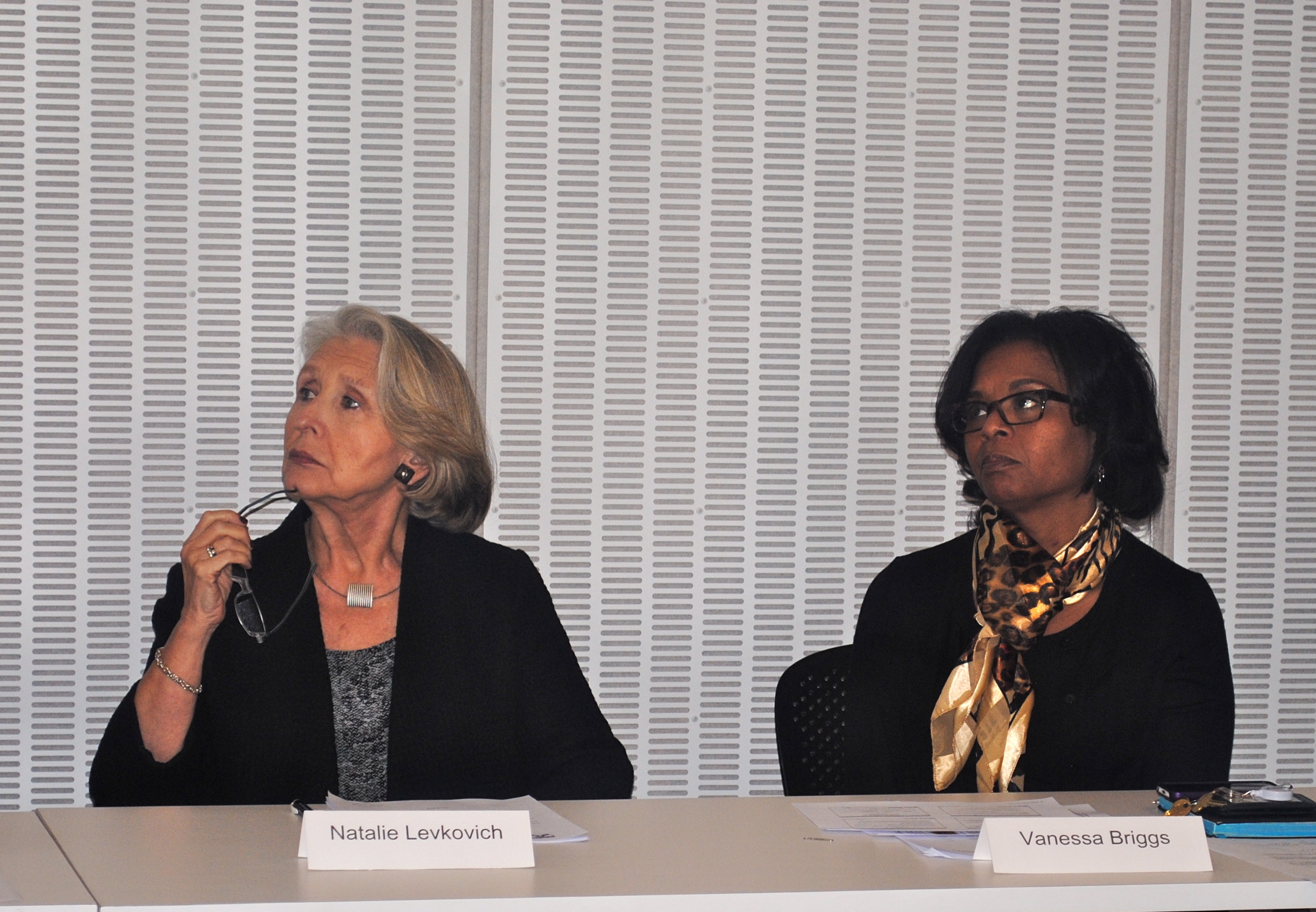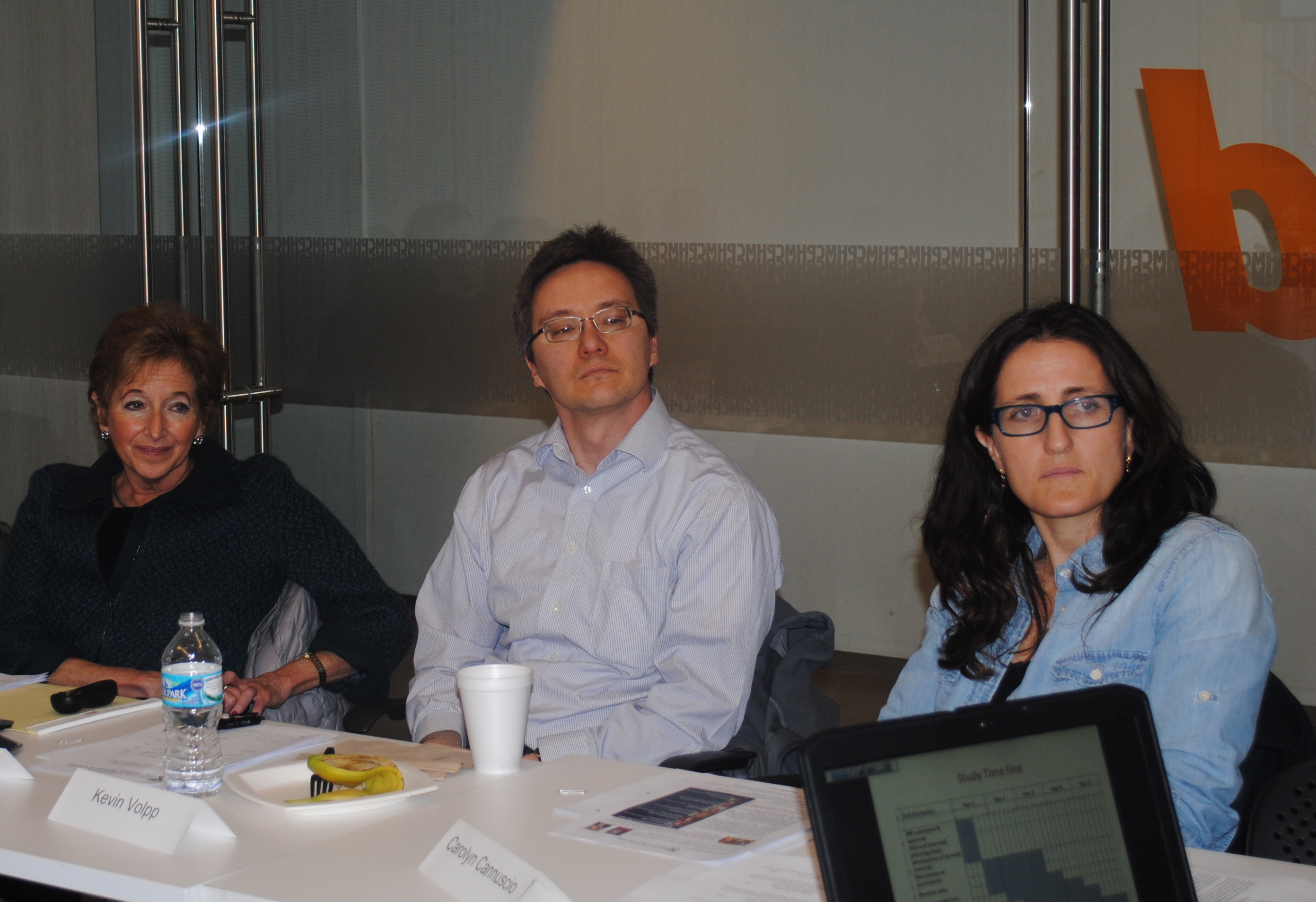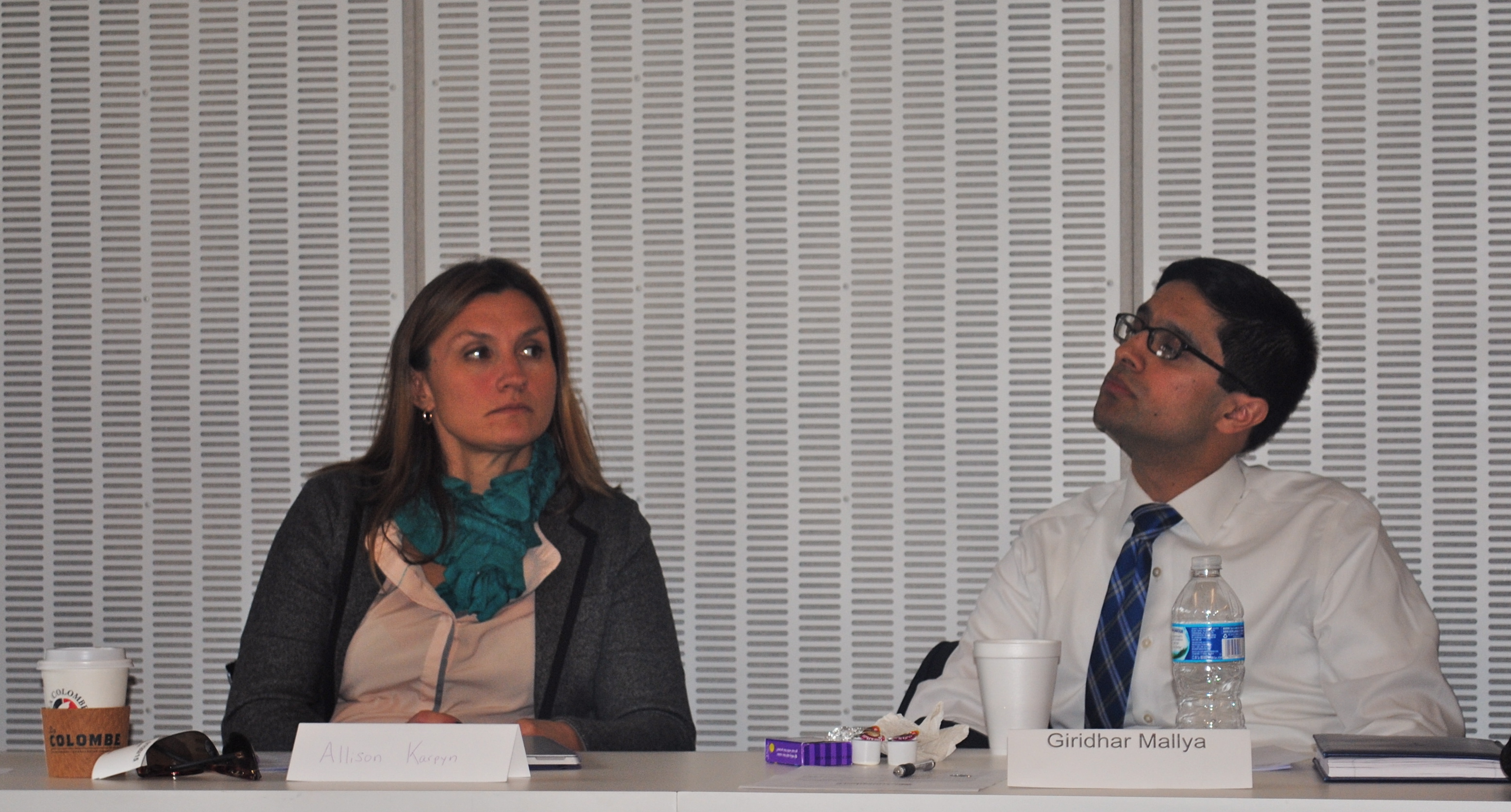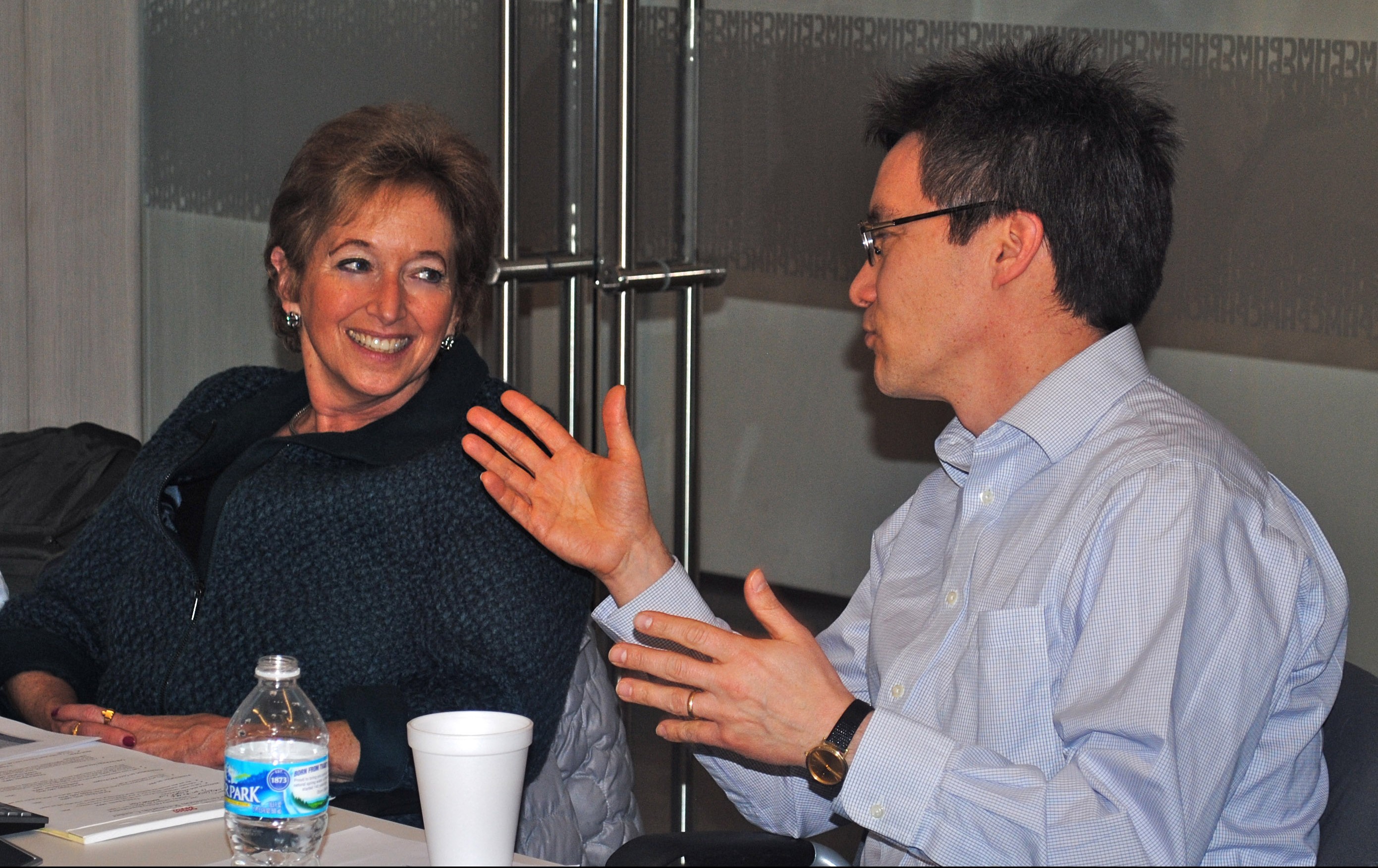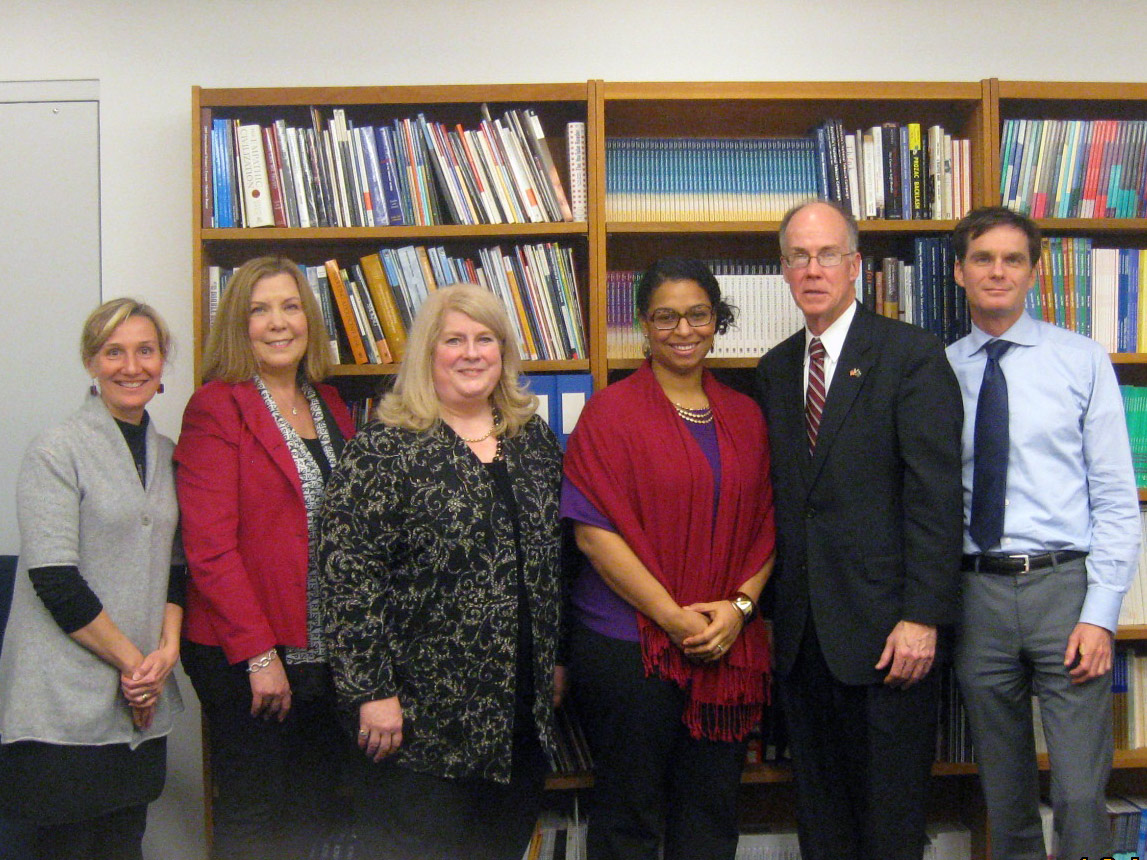6th Annual Community-Driven Research Day@ Penn. Wed. Feb 3, 2016
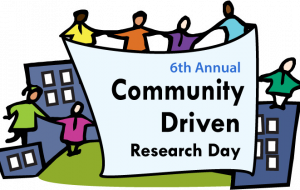
Bringing Together Community Based Organizations and Local Researchers in the Philadelphia area
2016 THEME: “Health and Safety Across the Lifespan”
COMMUNITY-DRIVEN RESEARCH DAY encouraged collaborations between researchers and community based organizations (CBOs) and community groups with interest in the topics around health and safety across the lifespan.Through an interactive poster session, CBOs and community groups highlighted their questions to CDRD participants, who included area non-profits, community groups, public sector partners, and researchers from The Children’s Hospital of Philadelphia, The University of Pennsylvania, Temple University, Drexel University, and Jefferson University. CBOs, community groups, academic researchers, and students met and discuss potential, mutually-beneficial collaborations.
WHEN: Wednesday, February 3, 2016 : 9:00 am – 12:00 pm
WHERE: University of Pennsylvania, Biomedical Research Building, Auditorium & Lobby: 421 Curie Boulevard, Philadelphia, PA
 UPenn PRC Community Advisory Board member Glenn Bryan made the opening remarks to the Community-Driven Research Day audience.
UPenn PRC Community Advisory Board member Glenn Bryan made the opening remarks to the Community-Driven Research Day audience.
Mr. Bryan is also the Assistant Vice President of Community Relations at the University of Pennsylvania.
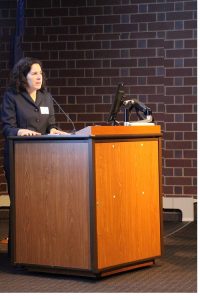 UPenn PRC Community Advisory Board member Cheryl Bettigole, MD, delivered the keynote address.
UPenn PRC Community Advisory Board member Cheryl Bettigole, MD, delivered the keynote address.
Dr. Bettigole is the Director of Get Healthy Philly, the Division of Chronic Disease Prevention of the Philadelphia Department of Public Health.
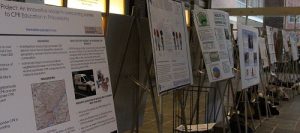 A poster session allowed community groups to share their topics and goals with academic researchers from major Philadelphia-area universities with teaching hospitals, such as Penn, Children’s Hospital of Philadelphia (CHOP), Drexel, Jefferson, and Temple.
A poster session allowed community groups to share their topics and goals with academic researchers from major Philadelphia-area universities with teaching hospitals, such as Penn, Children’s Hospital of Philadelphia (CHOP), Drexel, Jefferson, and Temple.




 Jason H. Moore, PhD, is the Director of the Institute for Biomedical Informatics at the University of Pennsylvania. He is also a Professor in the Department of Biostatistics and Epidemiology, as well as Professor of Genetics and Senior Associate Dean for Informatics.
Jason H. Moore, PhD, is the Director of the Institute for Biomedical Informatics at the University of Pennsylvania. He is also a Professor in the Department of Biostatistics and Epidemiology, as well as Professor of Genetics and Senior Associate Dean for Informatics.